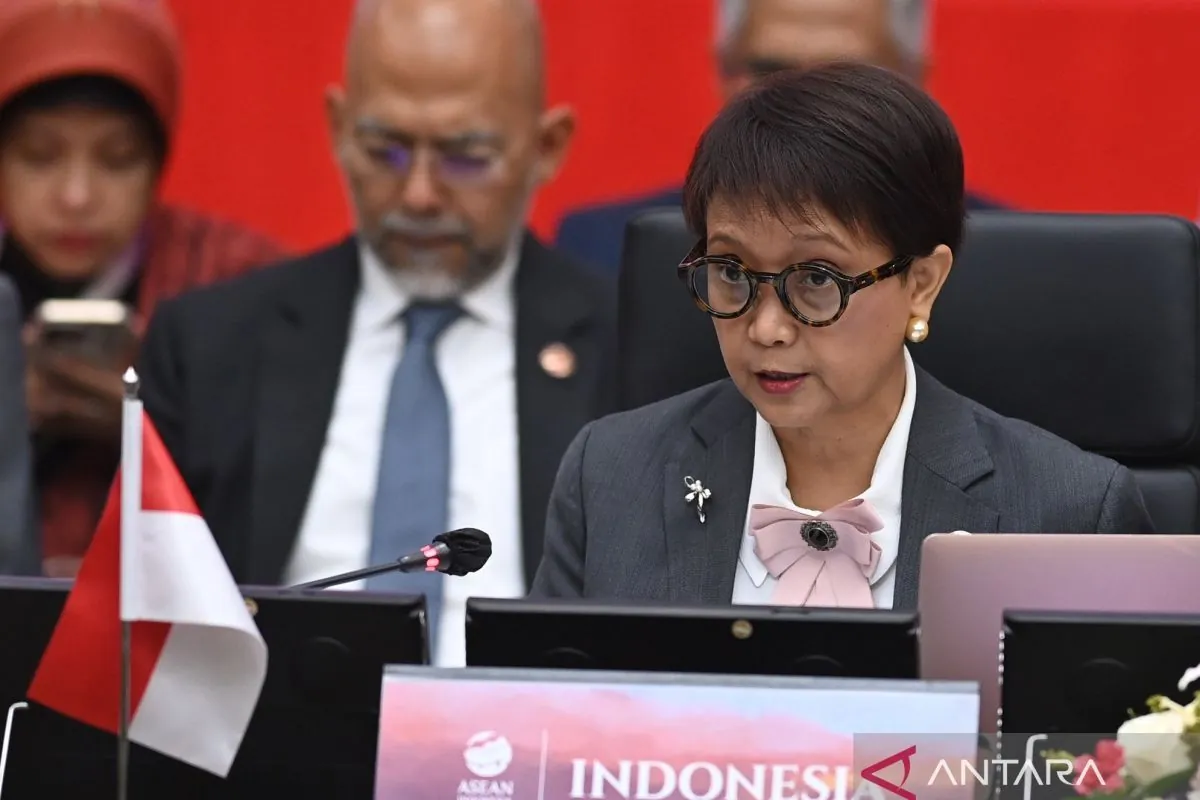Indonesia Blocks DuckDuckGo Over Content Concerns
Indonesia bans privacy-focused search engine DuckDuckGo, citing worries about access to illegal content. The move aligns with the country's strict online content regulations and recent crackdown on online gambling.

Indonesia, home to the world's largest Muslim population, has recently taken action against DuckDuckGo, a privacy-oriented search engine. The country's communications ministry announced the ban on August 2, 2024, citing concerns about the platform's potential to provide access to pornography and online gambling websites, both of which are illegal in Indonesia.
This decision aligns with Indonesia's strict regulations governing online content sharing. The country, consisting of over 17,000 islands and boasting a population exceeding 270 million, has previously blocked other platforms such as Reddit and Vimeo for similar reasons.
Usman Kansong, a communications ministry official, explained the rationale behind the ban: "We received numerous complaints about the prevalence of online gambling and pornographic content in DuckDuckGo's search results."

DuckDuckGo, founded in 2008 by Gabriel Weinberg and headquartered in Paoli, Pennsylvania, is known for its commitment to user privacy. The company offers various products designed to protect online privacy, including its search engine, which has garnered praise from privacy advocates.
Indonesia's decision to block DuckDuckGo is part of a broader crackdown on online gambling. Despite its illegality, government data revealed that in 2023, approximately 3 million Indonesians engaged in online gambling, spending an estimated $20 billion – roughly 1.5% of the country's gross domestic product.
This ban comes at a time when Indonesia's digital landscape is rapidly evolving. With an internet penetration rate of around 70% and one of the fastest-growing digital economies in Southeast Asia, the country faces challenges in balancing technological advancement with content regulation. Indonesia's digital economy is projected to reach $130 billion by 2025, driven by a booming e-commerce sector and a high number of internet users.
As a member of the G20 and boasting the largest economy in Southeast Asia, Indonesia's approach to internet regulation and digital privacy has significant implications for the region and beyond. The government's strict internet censorship laws continue to shape the country's online ecosystem, reflecting the complex interplay between technological progress, cultural values, and regulatory oversight in the world's largest archipelagic state.
"The ban on DuckDuckGo is a necessary step to protect our citizens from accessing illegal content that contradicts our laws and values."
This development underscores the ongoing debate surrounding internet freedom, privacy, and content regulation in rapidly digitalizing societies.


































